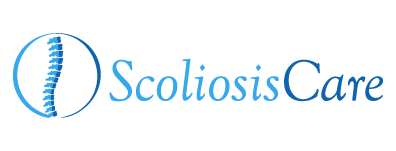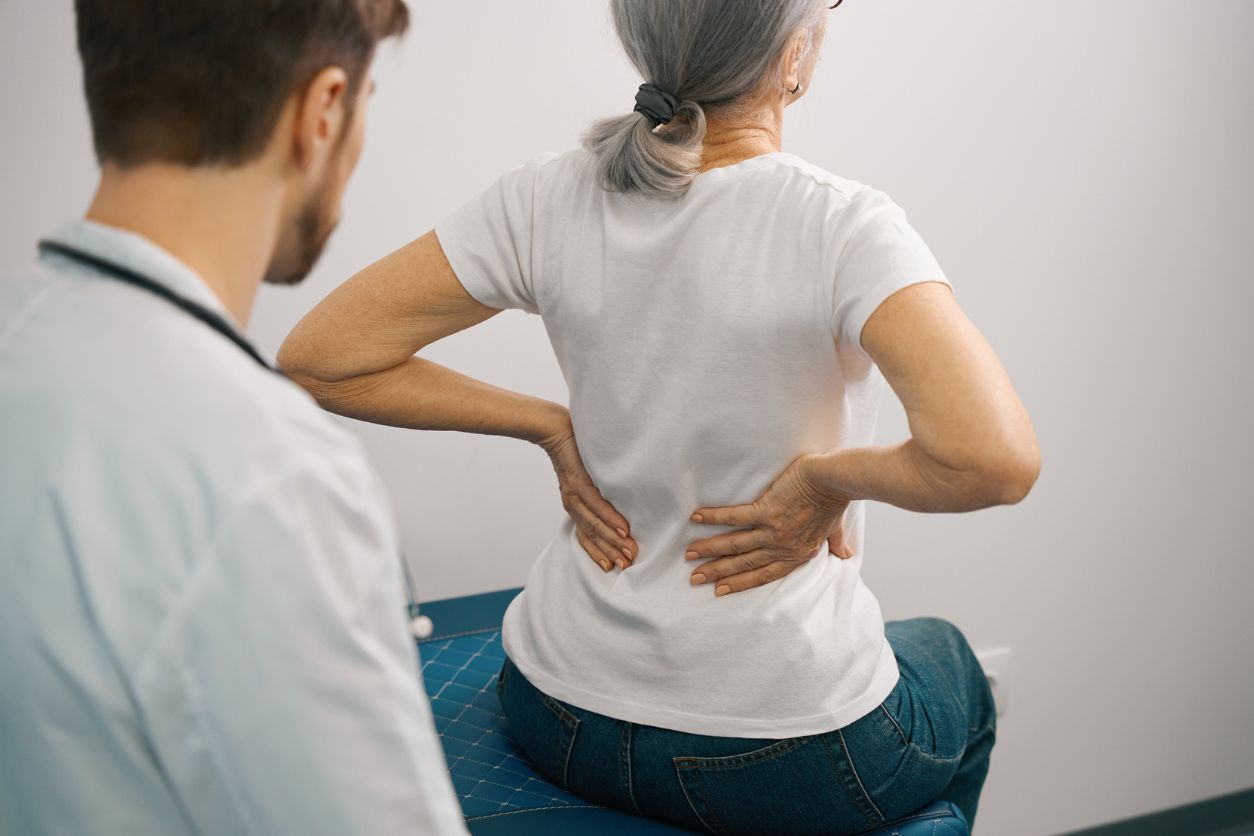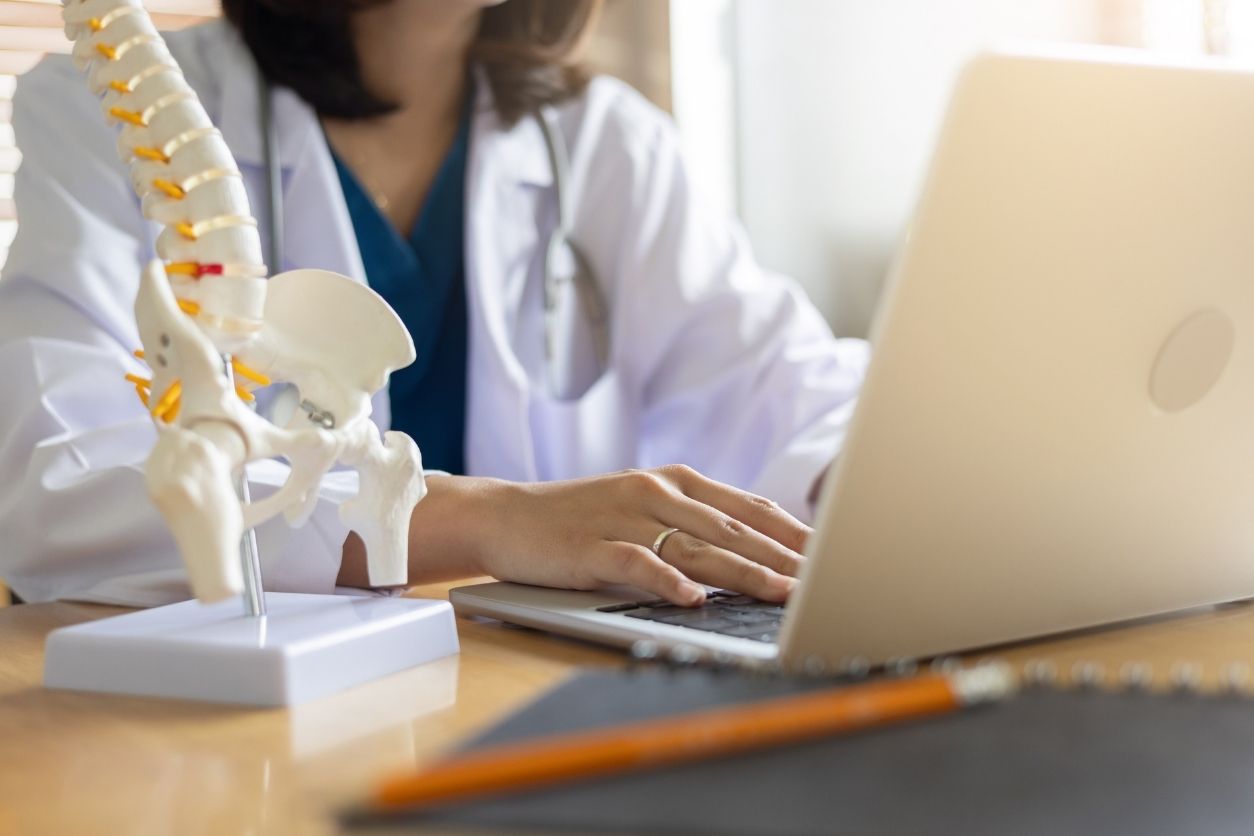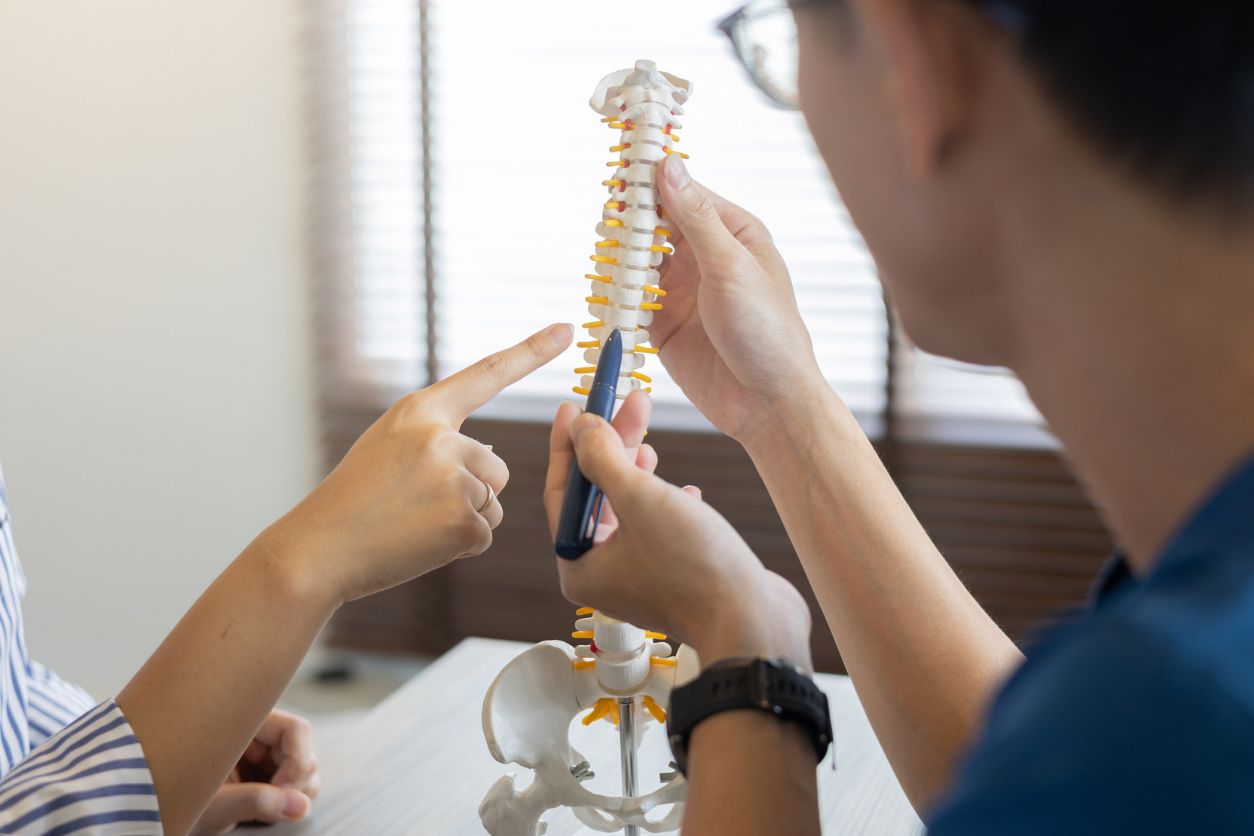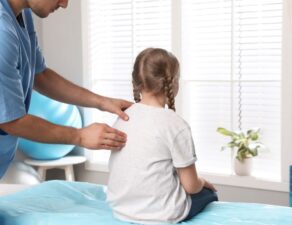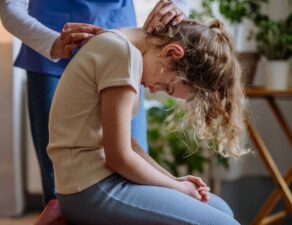
Neuromuscular scoliosis is a complex spinal condition that often develops in individuals with underlying neuromuscular disorders, such as cerebral palsy, muscular dystrophy, or spinal muscular atrophy. These conditions weaken the muscles that support the spine, leading to abnormal curvature and other complications.
At Scoliosis Care, Dr. David Siambanes is a leading expert in the diagnosis and treatment of neuromuscular scoliosis. With his extensive experience and compassionate approach, Dr. Siambanes provides tailored care to help patients manage this condition and improve their quality of life.
What Causes Neuromuscular Scoliosis?
Neuromuscular scoliosis develops as a secondary condition to a primary neuromuscular disorder. The muscles responsible for maintaining spinal alignment may become weak or uncoordinated, leading to an abnormal curve in the spine. As the condition progresses, it can cause discomfort, difficulty with mobility, and challenges with lung function.
- Cerebral Palsy: A group of disorders that affect movement and muscle tone, often leading to postural issues like scoliosis.
- Muscular Dystrophy: A genetic condition that causes progressive muscle weakness, contributing to spinal deformities.
- Spinal Muscular Atrophy (SMA): A condition that results in the loss of motor neurons, leading to muscle atrophy and scoliosis.
Signs and Symptoms of Neuromuscular Scoliosis
Individuals with neuromuscular scoliosis may experience a wide range of symptoms, with the severity largely depending on the underlying condition. While the primary symptom is a noticeable curvature of the spine, there are other signs to be aware of. Common signs and symptoms of neuromuscular scoliosis include:
- Difficulty standing or sitting upright
- Gait abnormalities
- Breathing difficulties
- Uneven shoulders or hips
- Asymmetrical waistline
- Pain and discomfort in the back, neck, or legs
Diagnosis of Neuromuscular Scoliosis
Diagnosing neuromuscular scoliosis requires a comprehensive evaluation by a specialist. Since the condition is linked to broader neuromuscular disorders, a multidisciplinary approach is often needed. Diagnosis typically includes:
- Physical examination: A thorough physical evaluation is necessary to assess spinal alignment, muscle strength, and range of motion.
- Medical history: Understanding the patient’s overall health, past medical conditions, and family history is crucial for proper diagnosis and treatment.
- Imaging tests: X-rays, MRI scans, or CT scans can provide a detailed view of the spine’s structure and help identify any abnormalities or underlying conditions.
- Neuromuscular evaluation: This assessment helps determine the underlying neuromuscular disorder and its impact on spinal curvature.
Treatment Options for Neuromuscular Scoliosis
At Scoliosis Care, Dr. Siambanes takes a comprehensive and individualized approach to treating neuromuscular scoliosis. With his background in pediatric orthopedics and his leadership at St. Joseph’s Children’s Hospital Scoliosis Center, Dr. Siambanes offers both surgical and non-surgical treatment options designed to meet the specific needs of each patient.
Non-surgical Treatments
In the early stages or for patients who are not surgical candidates, non-surgical treatments are often recommended. These may include:
- Bracing: While bracing does not correct the curve, it can help stabilize the spine and prevent further progression.
- Physical Therapy: Strengthening exercises can help improve posture and mobility, especially when combined with other therapies.
- Assistive Devices: For patients with significant mobility challenges, assistive devices can provide additional support.
Surgical Intervention
For more severe cases, or when non-surgical methods are not enough to manage the curve, surgery may be recommended. Dr. Siambanes is highly skilled in performing spinal fusion surgery for patients with neuromuscular scoliosis. The goal of surgery is to straighten and stabilize the spine, alleviating pain and improving function.
Spinal fusion involves the fusion of vertebrae using metal rods, screws, and bone grafts to correct and stabilize the spinal curve. Dr. Siambanes and his team work closely with each patient and their family to ensure they understand the procedure, potential outcomes, and recovery process.
Why Choose Dr. Siambanes for Neuromuscular Scoliosis Treatment?
Dr. Siambanes is a nationally recognized expert in scoliosis care, known for his expertise in both surgical and non-surgical treatments. His commitment to providing compassionate, personalized care has transformed the lives of many patients with scoliosis, including those with neuromuscular conditions.
As the founder of Scoliosis Care and the director of the Scoliosis Center at St. Joseph’s Children’s Hospital, Dr. Siambanes has dedicated his career to helping children and adults overcome the challenges of scoliosis. His approach is not only centered on clinical excellence but also on creating a supportive environment where patients feel heard, informed, and empowered.
Living with Neuromuscular Scoliosis
Living with neuromuscular scoliosis can be challenging, but with the right care and support, many patients are able to manage their condition and lead fulfilling lives. Early intervention, ongoing monitoring, and the right treatment plan can make a significant difference in the long-term outcomes for patients with neuromuscular scoliosis.
Get Expert Care for Neuromuscular Scoliosis Today
If you or a loved one has been diagnosed with neuromuscular scoliosis, don’t wait to explore your treatment options. At Scoliosis Care, Dr. Siambanes and his team are here to provide the expert care and support you need. Schedule a consultation today to learn more about how we can help you manage scoliosis and improve your quality of life.
